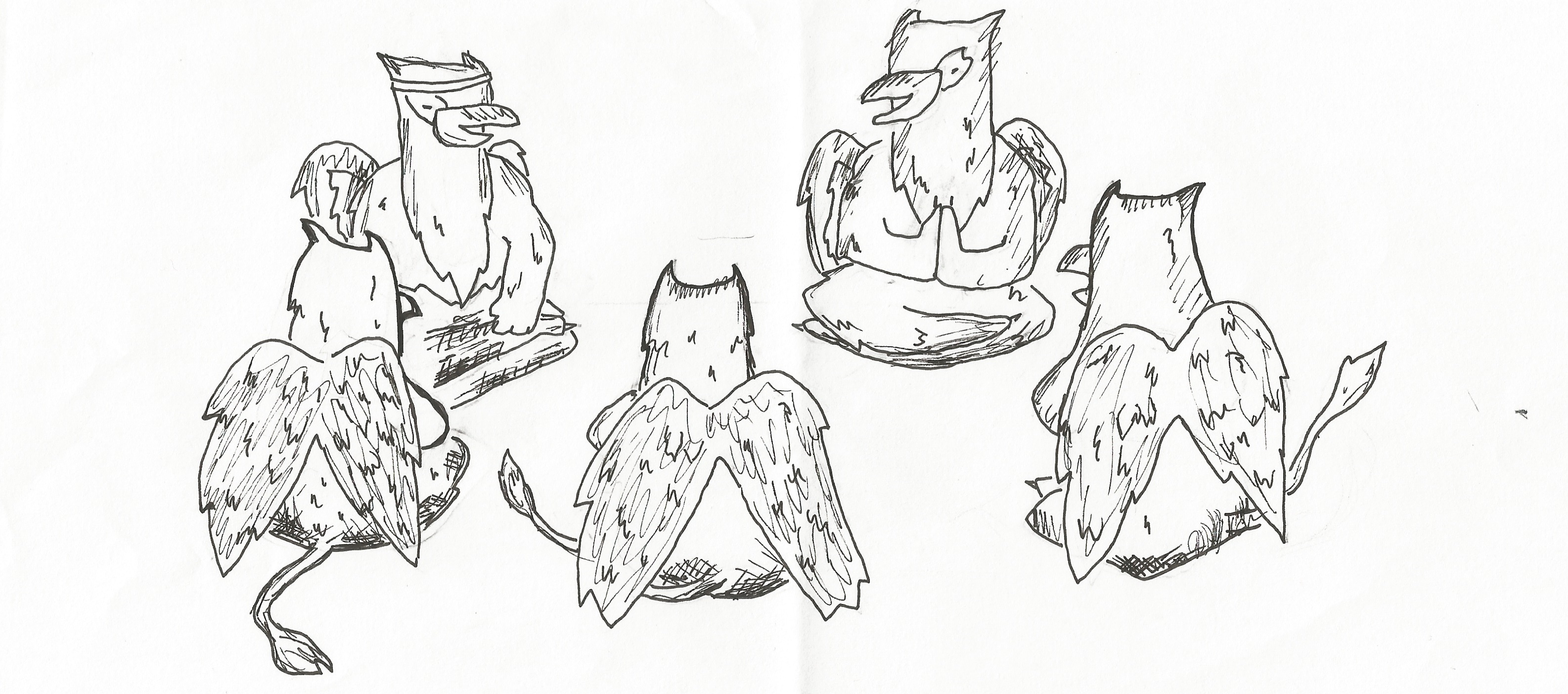Close your eyes. Now, focus. Don’t tense. Let it be. Find your inner peace. Don’t think about the essay due in two days, the 50 pages of reading for French, the laundry piling up in your room. Just focus.
Easy, right?
Yeah, not so much.
Students of the College of William and Mary can forget their stress with the Meditation Club. Led by Kelsey Trouton ’16 and Rob Risque ’16, the Meditation Club meets once a week in various calming environments around campus, assisting students in the art of meditation.
As a prospective student, Risque, like many other eager applicants, perused the College’s website looking at the many clubs and extracurricular activities offered here. For one who had been interested in meditation since the age of 13, the Meditation Club caught Risque’s attention immediately. Upon acceptance to the College, Risque emailed the Meditation Club listserv, but he did not receive a response.
After further inquiry, Risque discovered that, for some years now, the club had dissipated and desisted multiple times. Risque corralled his fellow hallmate, Trouton, who was intrigued by Risque’s interest in meditation and together they decided to revive the lost club.
They created their own constitution and began holding meetings in the spring of 2013.
“I think we’re supposed to, but we don’t [currently] have some sort of re-election process,” Risque said.
Risque and Trouton dislike being thought of as “in charge.” They encourage others to lead mediations and create a community environment.
Naturally, the club has evolved over the past couple of semesters.
“We’re more focused with what meditations we want to try and are more concrete in what we want to do with trying different methods and different ways to relax,” Risque said.
Both Risque and Trouton described the club as a community, as a safe place to come together and devote time to detoxing from the stress that all students face.
“In hearing from others, it’s not so much doing it, but having a place that facilitates it,” Trouton said.
They encourage members to contribute to a discussion about meditation as a whole and deeply value their opinions. Every week, a survey is sent out on their Facebook page, asking members for feedback about discussion, types of meditation to try and their interest in other specific programs they’d like to see the club adopt.
Recently, the Meditation Club has begun to offer tea at meetings as another way of relaxing. This has been well received by members.
The club usually garners a group of 10 to 20 students. In the past, even some Ph.D.-seeking students have attended meetings. Each member of the club has a different reason for attending.
“Some go because they know of the club through us,” Trouton said.
“Some just like to take that time for themselves. However much they put in is how much they get out. Some will just close their eyes and meditate and leave,” Risque said.
Trouton describes meditation to be a very personal experience and different for everyone. To Risque, meditation is the perfect balance between relaxation and focus.
“I came because I am interested in introspective mindfulness,” Christian Weber ’14 said.
The club has lately been focusing on mindful meditation, which is a more conscious awareness of how one is naturally. This can be practiced in a variety of ways such as by focusing on one’s breathing or how one’s clothes feel on one’s body.
There is no right or wrong way to meditate. Risque and Trouton teach that getting distracted while meditating is completely normal and that what is important is that one recognizes that they are distracted and have the ability to refocus their energy.
As students at the College, we are constantly distracted. We are bombarded emotionally and spiritually with clutter that creates stress in our lives. It can feel like its coming from all different directions: professors and exams, applications and deadlines, significant others and relationships, finances and the future.
“My brain always goes a hundred words a minute. If I can just get my brain to stop for five minutes or so, that’s helpful,” Bishop Clarke ’17 said.
Risque described his reasons for meditation.
“You know that throughout the day you will be stressed out eventually, so if you take time out and meditate, it can help,” Risque said.
Trouton echoed Risque’s sentiments.
“I can feel when it’s too much and I need to take time to rebalance mentally,” Trouton said.
Looking forward toward the future of the club, both Trouton and Risque are mostly concerned with its upkeep. They do not wish it to succumb to the same fate as the previous Meditation Clubs that mysteriously fell apart.
They are both optimistic for the future of the club and are extremely open-minded and excited for the direction that it will take in the next couple of years, allowing it to take the form of whatever others desire. Trouton noted that the club is whatever the members make of it.
“If they want it to be more spiritual, philosophical … it’s dependent on the people that come and what they want,” Risque said.
They are concerned that there is a misconception about meditation and that others don’t recognize the benefits that it can have, especially on such an academically rigorous campus.
“[People think] that it’s some trippy kind of practice. You’re not supposed to float off of your chair. From a more practical standpoint, [mediation] is very good for your mental health and well-being. [People should] come out to the club and see what it’s about,” Trouton said.

